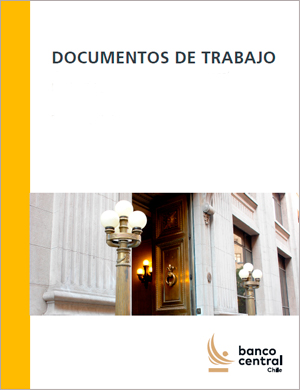Working Papers N° 966: Monetary Policy in Small Open Economies and the International Zero Lower Bound
Publications
Working Papers N° 966: Monetary Policy in Small Open Economies and the International Zero Lower Bound
Autor: Marco Rojas
Description
How does the zero lower bound (ZLB) on the international interest rate affect monetary policy in small open economies (SOE)? When the Fed’s rate was at the ZLB (2008-2015), data for several SOE show a significantly lower correlation between interest rates and inflation, which is at odds with the empirical regularity. This is explained in a model where the distribution of shocks that affect SOE changes when the international interest rate hits the ZLB. Two opposing channels affect the exchange rate. At the ZLB, the depreciating channel is amplified, while the appreciating channel is attenuated. Then, the SOE currency depreciates more than in a scenario without ZLB. This passes through to inflation, which affects SOE’s ability to stabilize the economy as it cannot lower its interest rate as much. In an estimated model, this mechanism by itself can explain 26 percent of the lower correlation observed in the data.
Working Papers N° 966: Monetary Policy in Small Open Economies and the International Zero Lower Bound
Boxes and graphics

